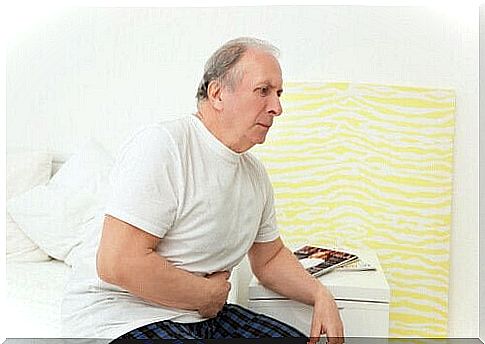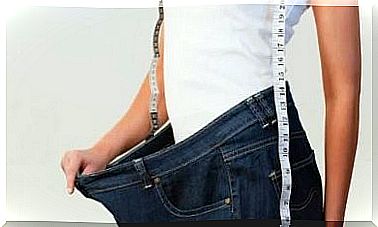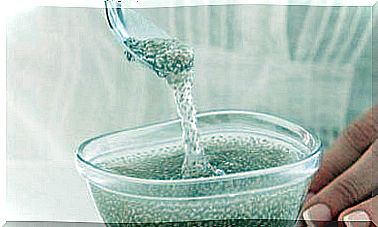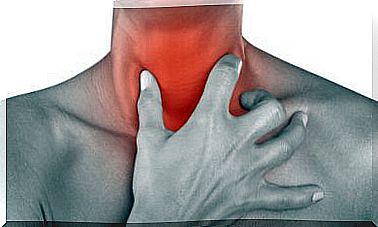What Are The Consequences Of Excess Vitamin D?

Consuming vitamins is essential for the health of the body, while giving you energy and vitality. However, vitamin supplements should only be taken in certain amounts. Exceeding the recommended dose may have negative consequences. In today’s article we invite you to discover the consequences of excess vitamin D.
When you start taking vitamins, it is necessary to check the amount you need and the maximum dose you can take. It is not advisable to go to the pharmacy, buy some pills and take them at random, without being properly informed.
Remember: many of the foods and drinks consumed throughout the day already contain the doses of vitamins you need. Thus, dietary supplements are not always necessary and can even affect your health. As we well know, any excess is harmful.
Vitamin D is produced by the synthesis of cholesterol in the presence of sunlight. Some people spend enough time in the sun to have their reserves full. Others instead need a supplement to supplement the recommended daily dose. But the mistake is to take these drugs without a prescription and in any amount.
Excessive vitamin D consumption can have side effects. Here are the ones!
Hypervitaminosis D

Vitamin D does not dissolve in water, so it is difficult to eliminate and accumulates in the body. This nutrient acts as a steroid hormone and circulates through the cells.
When there is an excess in the body, the places where the vitamin can be stored, such as receptors and protein carriers, are filled and proper adhesion cannot be achieved. Thus, the compound is released into the body, at which point the absorption of calcium in the intestines begins, causing hypercalcemia.
The consequences of excess vitamin D are also present in the soft organs, such as the lungs, kidneys and heart. Some minor symptoms that may occur are:
- Nausea and vomiting
- Constipation
- Muscle fatigue and bone pain
- Anxiety and depression
- Confusion
The recommended daily dose of vitamin D is a maximum of 4000 IU. However, the risk of hypervitaminosis D caused by diet and sun exposure is minimal. Intoxication is present when the patient has a level higher than 150 ng / ml (375 nmol / l) in the blood.
Fortunately, in most cases hypervitaminosis D is reversible. Only in rare cases are the consequences of excess vitamin D calcification of the arteries and kidney failure.
The consequences of excess vitamin D.

Occasionally, hypervitaminosis D has no symptoms. In moderate cases, however, some of the following symptoms and disorders may be present:
- Hypercalcemia
- Nausea and vomiting
- Constipation
- Anxiety
- Weakness
- Disorders of consciousness
- Hypertension
- Renal insufficiency
- Hearing loss
How to combat vitamin D poisoning

- First of all, a medical consultation is required. The doctor recommends appropriate tests to detect the level of vitamin D in the blood. It is important to do these tests only on the doctor’s recommendation.
- If you have a high level, give up supplements. Even when you consume 10,000 IU a day, the risk of toxicity is low. However, it is best not to exceed a vitamin D intake of 4000 IU. For children and the elderly, a dose of 700 IU per day is sufficient.
- You need to take into account the amount of vitamin D you consume daily. If you are exposed to enough sunlight, you do not need to take a supplement. It is recommended more for people who do not have the opportunity to stay in the sun as much as they should.
- Take into account the intake of vitamin D obtained from the diet. Fish, beans, fortified milk and orange juice contain between 600 and 1000 IU per serving. This amount, together with that obtained from the sun’s rays, is sufficient.
- In addition, it is necessary to reduce the consumption of calcium-rich supplements or foods.
- At the same time, it increases the intake of products that contain sodium and liquids.
The consequences of excess vitamin D can be seen only after months or years, so the problem is difficult to identify. You must learn to differentiate its symptoms from the manifestations of other diseases and pay attention to any changes.









